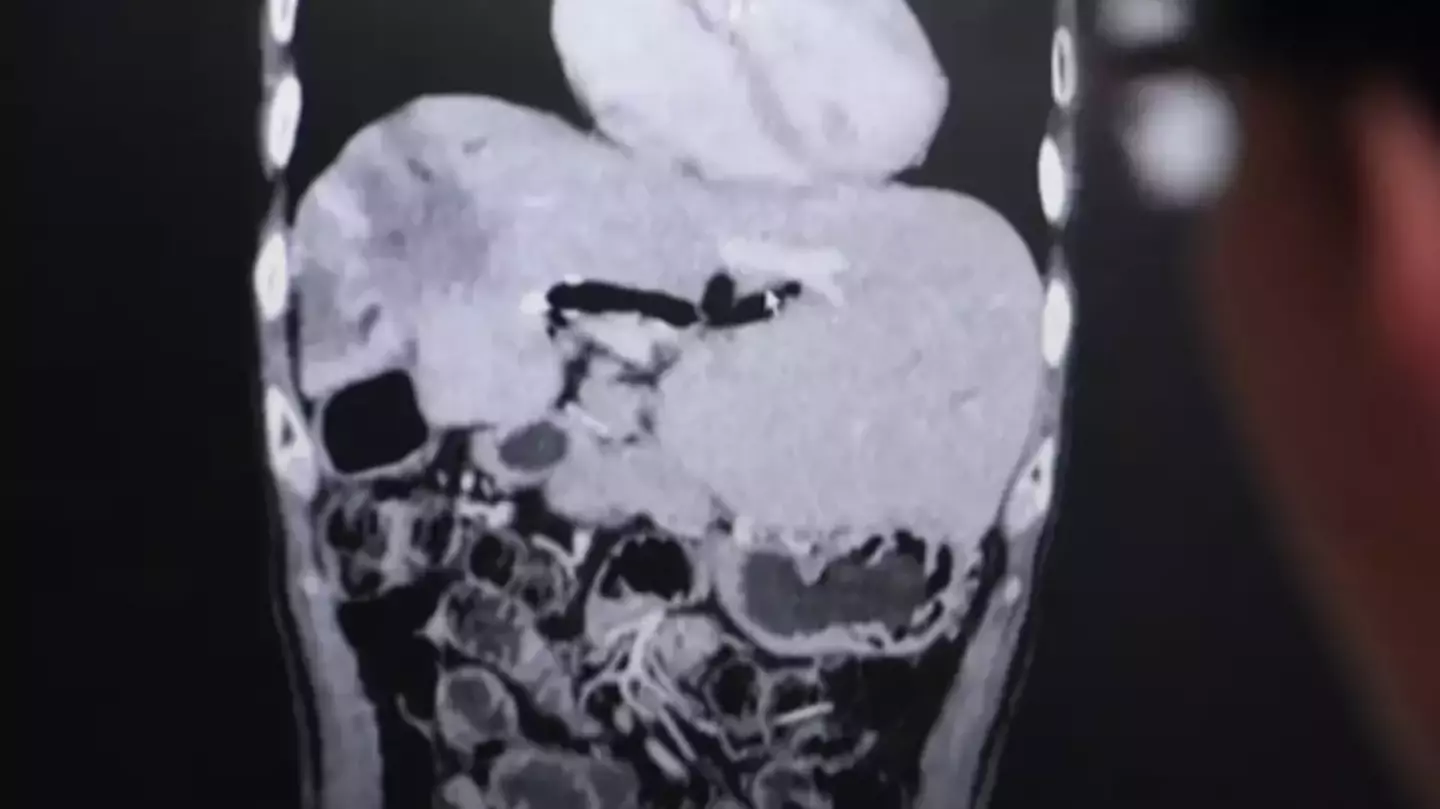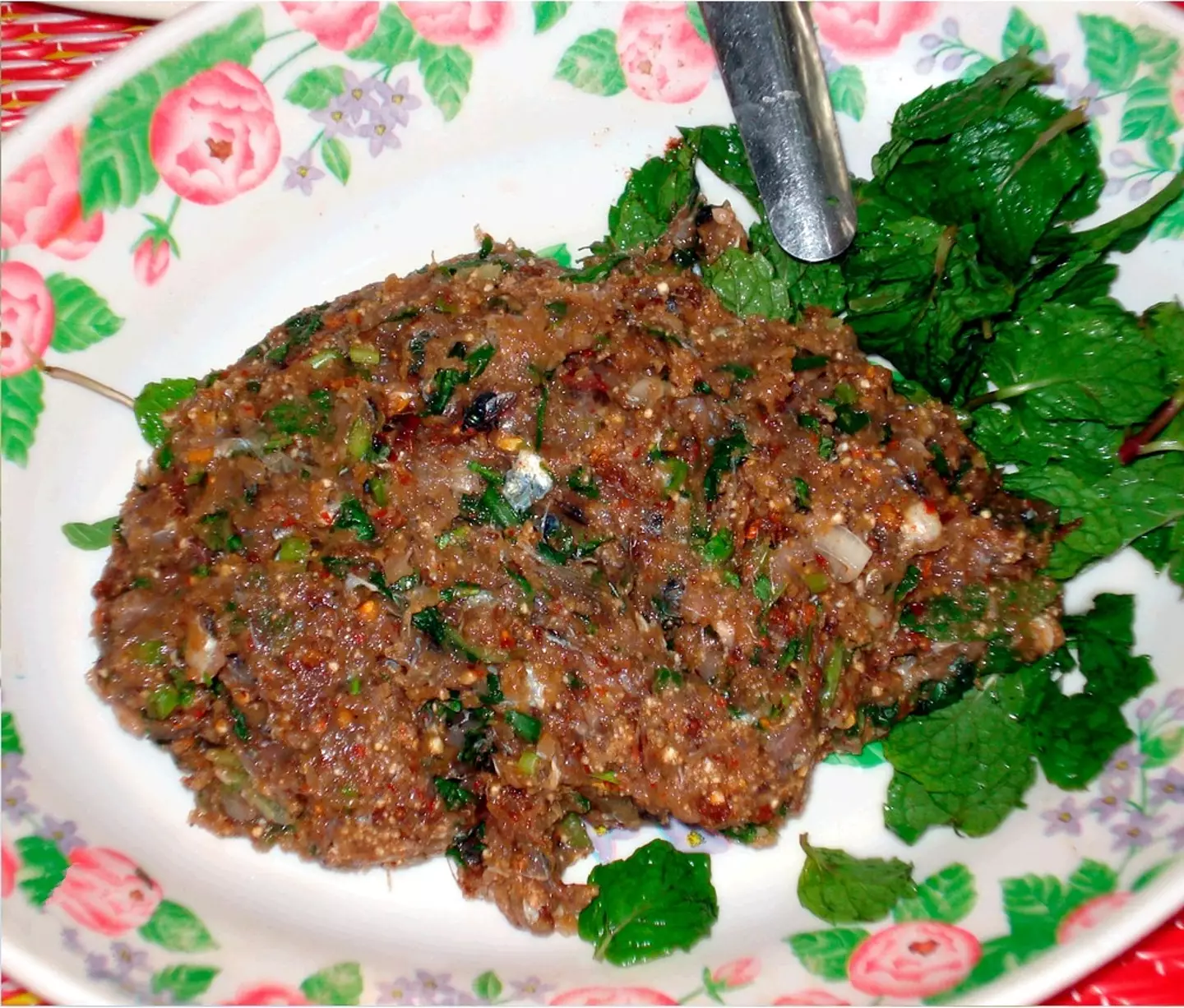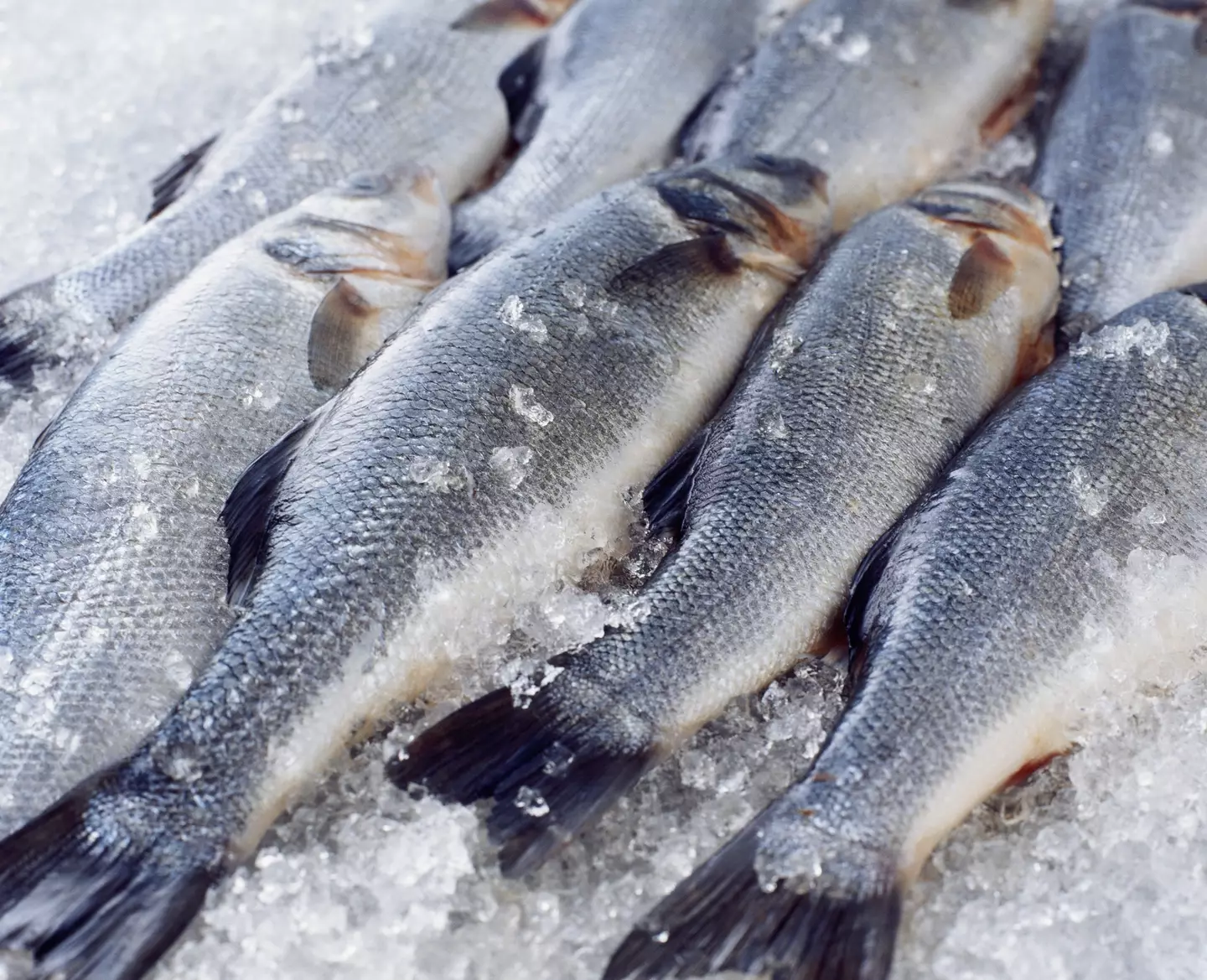
There's a dangerous southeast Asian dish that could potentially give you liver cancer.
As delicious as Thai food can be, it turns out that one dish can (heartbreakingly) be dangerous for your health.
Those living in the Thai provinces of Khon Kaen and Isaan in particular, enjoy the famous seafood-based dish more than most.
But it turns out, with just one bite, someone could develop fatal liver cancer, with studies finding abnormal amounts of the condition in those in communities who enjoy the meal regularly.
Advert
It's so dangerous in fact, that medical professionals have warned against eating the dish at all, which locals have seemingly ignored, for one reason or another.
So what is this dish, and why should you avoid it if you venture to the southeast on your travels?
 The dish is popular in northeastern regions of Thailand (Wikimedia Commons)
The dish is popular in northeastern regions of Thailand (Wikimedia Commons)

What is the dish?
The dish is called koi pla, and it consists of minced raw fish mixed with herbs, live red ants, spices, lemon juice.
While it might sound appetising to some daring foodies, it turns out that the raw fish could contain some harmful organisms.
It's a popular meal for those in the north-east of Thailand, which is served as soon as it is prepared, with the raw meat being denatured by the acidity from the lime juice, changing its texture.
Why is it dangerous?
The raw fish can contain parasitic creatures, which can cause liver cancer.
The BBC previously reported that the population in regions of Thailand where the dish is popular displayed high levels of liver cancer.
Some communities had up to 80 percent of their population containing the parasites that could cause the cancer, though this normally wouldn't develop until the host was 50.
X-ray explained

An x-ray of someone's body who had eaten koi pla was previously released to the public, showing the parasite in their digestive system.
From here, it can end up killing the individual, in what is a very big threat to life among these communities.
Some cases saw children as young as four with the parasites.
Research carried out on these parasites revealed that they produce chemicals that trigger the immune system's response in their host, causing inflammation.
This can then become chronic and develop into cancer.
Warnings from doctors
Thai doctor Narong Khuntikeo has been working with fellow doctors, as well as scientists and anthropologists, to test villagers from the Isaan region in particular, who might have the parasite.
Dr Khuntikeo tragically lost both of his parents to liver cancer after eating the dish, with the health professional explaining to Agence France-Presse: "It’s a very big health burden around here.
"But nobody knows about this because they die quietly, like leaves falling from a tree."
If left untreated by surgery, the disease has one of the lowest survival rates of all cancers.
Symptoms can consist of jaundice, weight loss, abdominal pain, changes in toilet habits, itchy skin and feeling ill.

Response from residents
While the doctor has used ultrasound machines and urine testing kits to research the condition, it seems that residents are not being receptive to his findings.
Isaan is the region with the highest reported rates of the disease as locals enjoy a heavy consumption of koi pla.
They have been advised by experts to cook the raw fish to avoid ingesting the parasites, but locals say that this ruins the taste.
In fact, Dr Khuntikeo says that there are Thai residents who don't mind risking death for the delicious meal.
Millions are continuing to munch on the raw fish-based dish despite the evidence, with the doctor singling out the older generation who don't seem to care as much.
"They’ll say: 'Oh well, there are many ways to die'," he said of the most common response he gets from locals when telling them his advice.
He added: "But I cannot accept this answer."
But hope is not lost, as Dr Khuntikeo aims to influence the younger generation with the help of health officials.
A school curriculum aimed at teaching children about the risks of raw foods is in the works.
Topics: Health, Food And Drink, World News